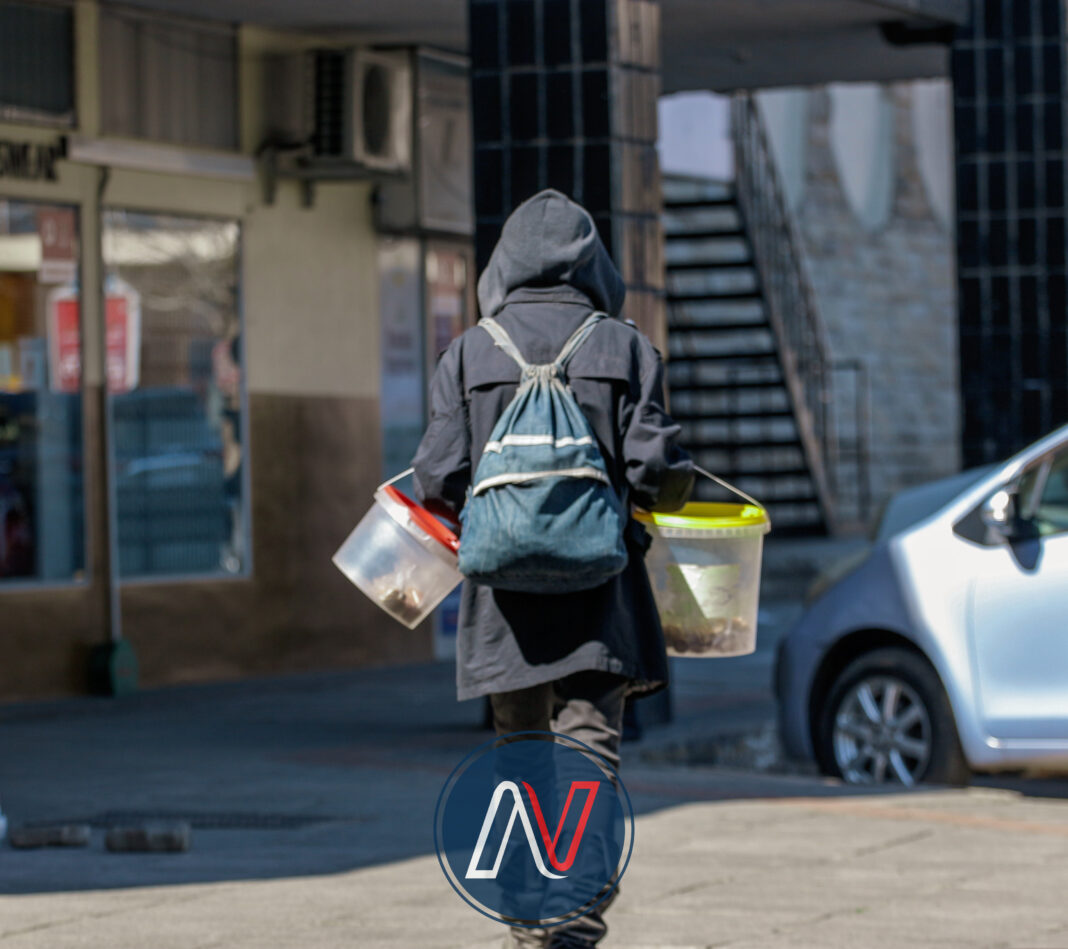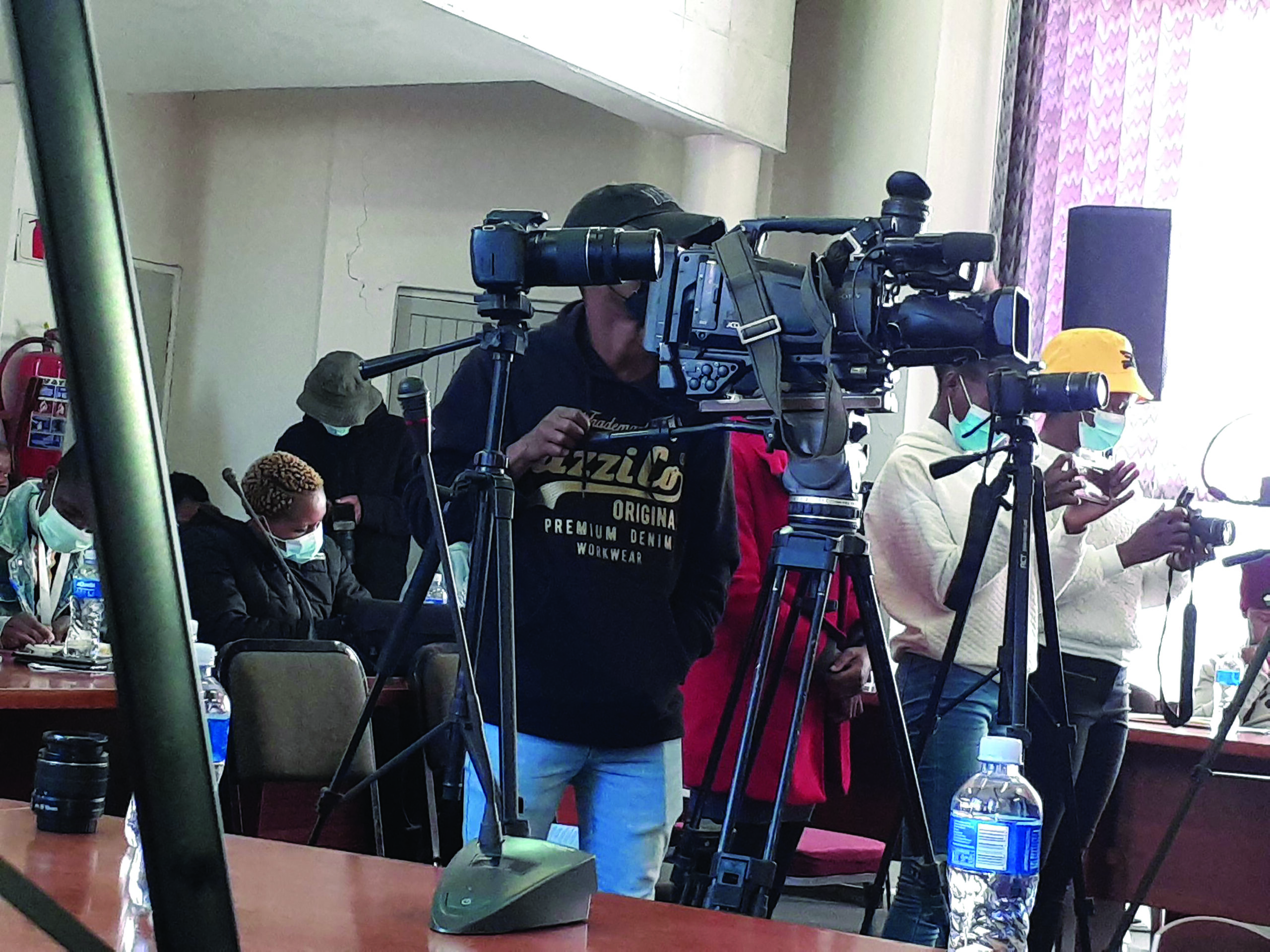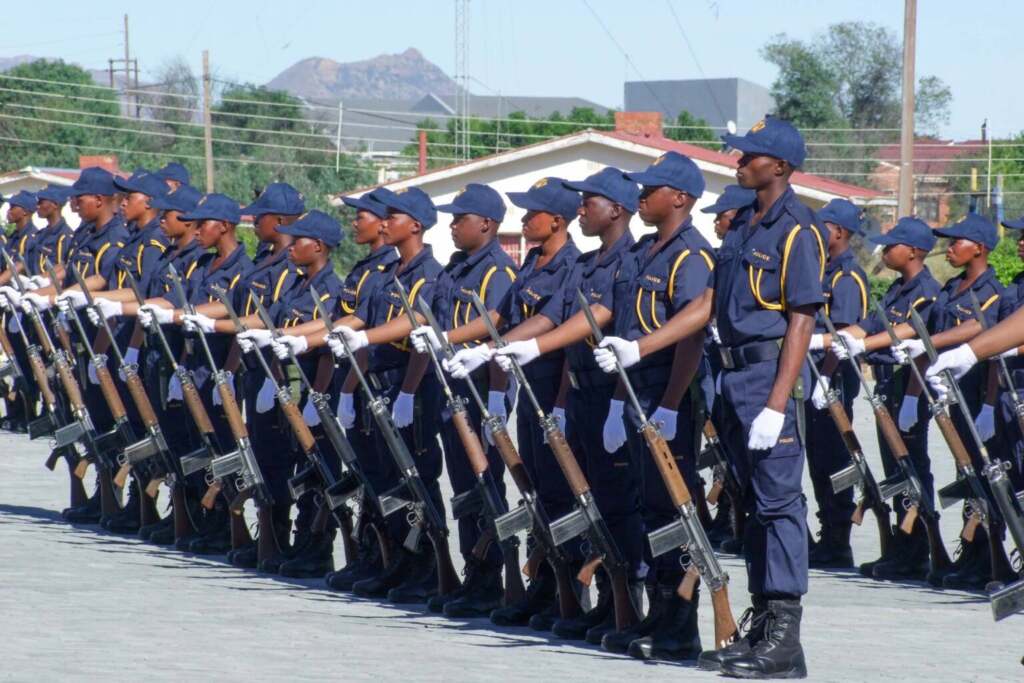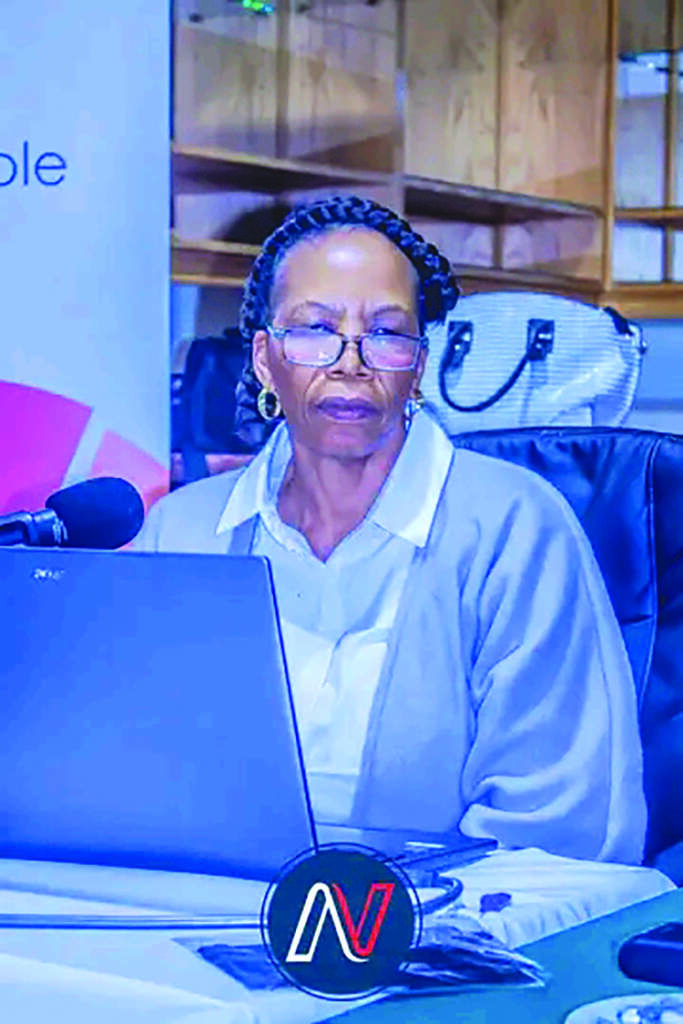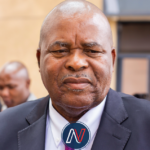The latest Afrobarometer survey, released on Friday, shows that a majority of young people in Lesotho view their country as moving in the “wrong direction” (63 percent).
Large majorities also describe the national economic condition (72 percent) and their personal living conditions (71 percent) as “fairly bad” or “very bad.”
Even so, about two-thirds (65 percent) of respondents expressed optimism that conditions will improve in the coming year.
“Almost six in 10 young Basotho (58 percent) say they have considered emigrating, mostly for better job opportunities. The share of youth who have thought ‘a lot’ about emigration has almost doubled since 2017, from 27 percent to 48 percent,” the report noted.
Unemployment emerged as the top concern, cited by 67 percent of respondents as the most pressing issue they want government to address. Other key priorities include infrastructure and roads (49 percent), crime and security (25 percent), water supply (24 percent), and electricity (19 percent).
On government performance, young people offered mixed evaluations. A majority approved of the handling of basic health services (58 percent), and nearly half expressed satisfaction with electricity provision (47 percent). However, only 12 percent were satisfied with the government’s efforts to create jobs.
Afrobarometer is a pan-African, non-partisan survey research network that gathers reliable data on democracy, governance, and quality of life. Since 1999, it has conducted nine rounds of surveys in up to 42 countries. Round 10 surveys were launched in January 2024.
In Lesotho, Afrobarometer’s partner Advision Lesotho interviewed a nationally representative sample of 1,200 adult citizens in March 2024.
It is important to note that this survey was conducted 10 months before Donald Trump was inaugurated for a second, non-consecutive term as President of the United States on January 20, 2025.
On his first day in office, Trump issued an executive order freezing foreign aid for 90 days. This “stop-work order” suspended payments and services for ongoing programs, disrupting critical health initiatives in Lesotho, particularly PEPFAR-funded HIV/AIDS programs that provide treatment, prevention, and care for thousands of Basotho, including vulnerable groups such as children, pregnant women, and the LGBTQ+ community.
The Trump administration also moved to dismantle USAID, merging its functions into the State Department and cutting staff. As a result, Lesotho’s access to U.S. aid has been severely restricted. Approximately 72 percent of PEPFAR support was cut, leading to the loss of 804 health workers’ jobs, about 7 percent of the country’s health workforce.
In total, aid cuts have cost an estimated 1,500 health workers their jobs, worsening economic hardships in a country where half the population already lives in poverty.
Lesotho also benefits from the African Growth and Opportunity Act (AGOA), which grants preferential access to U.S. markets for African exports, particularly textiles and diamonds.
However, on April 2, 2025, Trump announced a 50 percent tariff on Lesotho’s exports, the highest among targeted nations, as part of a “reciprocal” tariff strategy based on U.S. trade deficits.
Although the tariff was later reduced to 15 percent, Washington claimed Lesotho imposes a 99 percent tariff on U.S. goods, a figure local authorities contest as exaggerated. The tariff hike has raised fears that Lesotho could lose its AGOA benefits, which are scheduled for review in September 2025.
The Afrobarometer survey also highlights demographic and employment challenges. Young Basotho (aged 18-35) are more educated than older generations, with 74 percent having attained at least secondary education compared to 23-41 percent among older age groups.
Yet youth are disproportionately unemployed. More than six in 10 (62 percent) said they are not employed but actively seeking work, compared to 53 percent of those aged 36-55.
Key barriers to youth employment include lack of experience (26 percent), reluctance to accept certain types of work (24 percent), and inadequate training or preparation (18 percent).
When asked about preferred employment, a majority (59 percent) said they would rather start their own business, followed by public-sector work (20 percent).
If government were to increase spending on youth, respondents said they would prioritize job creation (62 percent), followed by access to business loans (16 percent), job training (10 percent), and education (9 percent).
Summary
- The latest Afrobarometer survey, released on Friday, shows that a majority of young people in Lesotho view their country as moving in the “wrong direction” (63 percent).
- It is important to note that this survey was conducted 10 months before Donald Trump was inaugurated for a second, non-consecutive term as President of the United States on January 20, 2025.
- On April 2, 2025, Trump announced a 50 percent tariff on Lesotho’s exports, the highest among targeted nations, as part of a “reciprocal” tariff strategy based on U.

Authored by our expert team of writers and editors, with thorough research.


